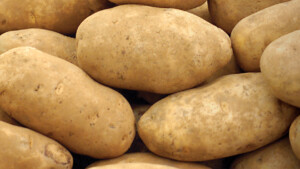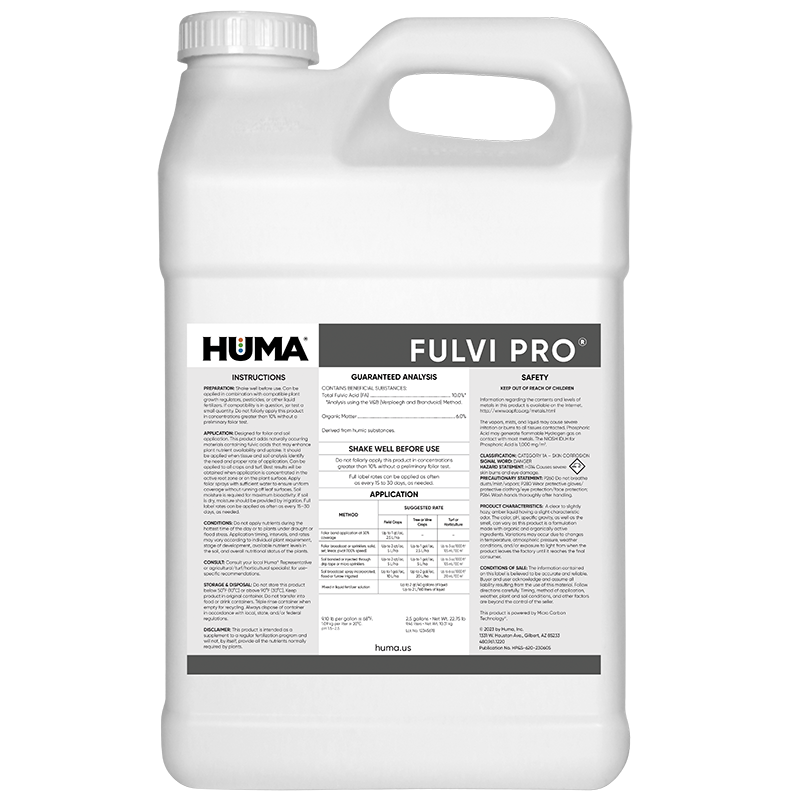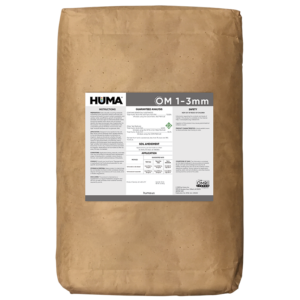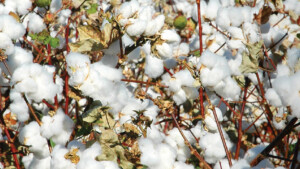FAQs
Related Products
Related Case Studies

Fall Soil Application of Fertil Humus® Increases Illinois Corn Yield and ROI
Background Feeding beneficial soil fungal activity can enhance aerobic decomposition of organic matter and build a humus-rich soil that releases nutrients tied up in crop residues. This can positively impact crop yield and lead to a higher return on investment. Objective The objective of this study was to observe how a fall application of Huma®

Huma® OM 1-3 mm Organic Humates Improve Potato Yield by 9%, With 5:1 ROI
Background Scientific research shows that humic and fulvic acids are biostimulants—enhancing nutrient availability and uptake, improving plant root growth and mass, and impacting both crop yield and quality. Objective The focus of this study was to assess the effect of pre-plant application of a raw humic product on potato yield. Materials & Methods One week

Humic Products Increase Iowa Corn Yield
Background Scientific research shows humic and fulvic acids can have a biostimulant effect on plant root growth and mass, nutrient availability and uptake, and crop yield and quality. Objective The objective of this study was to compare and contrast the immediate effects that three types of humic products from Huma®, Inc. have on corn yield.
Related Blog Posts

Q&A: Leveraging Biostimulants and Biofertilizers for Sustainable Growth
Fred Nichols, Chief Sales and Marketing Officer at Huma®, shared his perspective in a recent article on biostimulants and biofertilizers, published in CropLife and American Fruit Grower Magazine. In the article, Fred discusses the growing role of these products in sustainable agriculture, their benefits, and their impact on crop production. Below are the questions posed

Earth Day: “It’s Getting Better All the Time”
Celebrating Earth Day every April 22 is a great time to pause and reflect: How are we, today, treating the environment and the plants, animals, and people who live in it? What have we accomplished in the past year that makes our planet a better, more sustainable place to live and raise our families? What are our goals for future improvement?











